While the college prides itself on inclusivity and fostering a safe learning environment for all, some students and staff say that Lafayette is lacking when it comes to educating the school community about equality.
“I think educating organizations on campus about issues of diversity and equity is something that is crucially important to everything that the Lafayette community should stand for,” Emma Chen ’24, a Kaleidoscope student coordinator, said. “But the fact that the work is falling on the work of twelve unpaid volunteers is upsetting to me.”
Kaleidoscope, a group of social justice peer educators, consists of 15 student volunteers: 12 peer educators who aren’t paid and three student coordinators who earn $10 an hour. Kaleidoscope members are largely responsible for educating the student body on diversity and equality issues. Kaleidoscope education beyond orientation is not required by the college.
Four-year Kaleidoscope peer educator Samantha Ganser ’23 said that she believes the college administration is “neutral” to Kaleidoscope’s work.
“They don’t financially support it beyond the coordinators getting paid. They’re not pushing [the program], and they’re also not inhibiting our work. So I think that we could use some more support from the administration,” Ganser said.
Ganser added that those who utilize Kaleidoscope discussion sessions are typically from the same small group of students.
“We don’t feel like we’re making as much of an impact as we could be if we reached a wider proportion of the student body,” she said.
Ganser wishes that there was a college employee specifically trained in diversity education that could assist Kaleidoscope with its work; college chaplain Alex Hendrickson is the administrator who serves as Kaleidoscope’s coordinator, but she noted that her schedule is very busy as the primary religious professional for the college.
“Like many faculty and staff on-campus, we are all busy with many important tasks,” Hendrickson wrote in an email.
Ganser believes that the work that she and her fellow “Scopes” do is needed due to systemic inequalities present on campus.
“I think that Kaleidoscope becomes more necessary as you begin to come to terms with those injustices … that this campus faces, and about the injustices that many students of underrepresented backgrounds face,” Ganser said.
Chen and Ganser both said that peer educators, including those who educate students on sexual violence, should be paid.
Dean of Students Brian Samble explained in an email that “coordinator roles are paid due to the specific responsibilities and duties expected of those roles that are not the same for volunteers.”
Last summer, the college created a campus-wide Diversity, Equity and Inclusion (DEI) Committee tasked with studying how to best carry out DEI work across campus. The Committee is chaired by head librarian for JEDI (justice, equity, diversity and inclusion) initiatives Ana Ramirez Luhrs, who did not respond to a request for comment.
President Nicole Hurd said that she tasked Audra Kahr, the executive vice president for finance and administration, to “look at how we do training for the whole community.”
“I’m interested in strengthening our ability to do training for the entire community,” Hurd said. “We can’t hold each other accountable unless we have a common vocabulary. And our lack of vocabulary now scares me.”
Hendrickson pointed to the Office of Intercultural Development (OID), which employs full-time staff to aid students in starting conversations about diversity and equality at the college, as an important resource in supporting diversity education. OID’s work, however, may be falling upon deaf ears.
“We lack civic engagement,” director of intercultural development Robert Young ‘14 said. “When are we going to be comfortable [disrupting] the default?”
Over the winter break, freshmen were encouraged, though not required, to attend two Multicultural Competency Training (MCT) sessions discussing topics such as equality and inequality, power dynamics and diversity hosted by OID. Of the approximately 751 students in the class of 2026, only about 300 students participated in the training.
While other areas of instruction like sexual violence awareness and alcohol safety are mandated through orientation, that MCT was optional left some Lafayette students and faculty wishing for the training to be upheld institutionally.
“I think that diversity … training should be just as important as the alcohol module that we all have to go through because one is about safety and one’s about equity,” Chen said.
Jonathan Sirico ‘26 attended the training and expressed frustrations about the program.
“There were, like, three people that talked on [the Zoom],” Sirico said. “It should have been in school, where everybody can be physically present. It kind of shows that the school didn’t really put it as an actual priority.”
According to an email from Samble, the program was held during winter break because “winter was identified as a time of the year students did not have as many competing priorities; students would have a point of reference from their first semester to compare/contrast it to their experiences in their home environment; and not cram such an important element in with everything else that is compressed in the orientation schedule.”
Samble added that this past year was the first that included multicultural education as a part of orientation.
“I expect [it] will continue in one form or another in next year’s program,” Samble wrote.
Whether the college has appropriately allocated resources to the broad causes of diversity, equity and inclusion (DEI) is not agreed upon by everyone in the Lafayette community.
“I think priorities are the most important thing,” Ganser said. “I think that who you compensate reflects your priorities and who you bring in as experts reflects your priorities. And I think that the institution needs to do a better job of setting its priorities.”






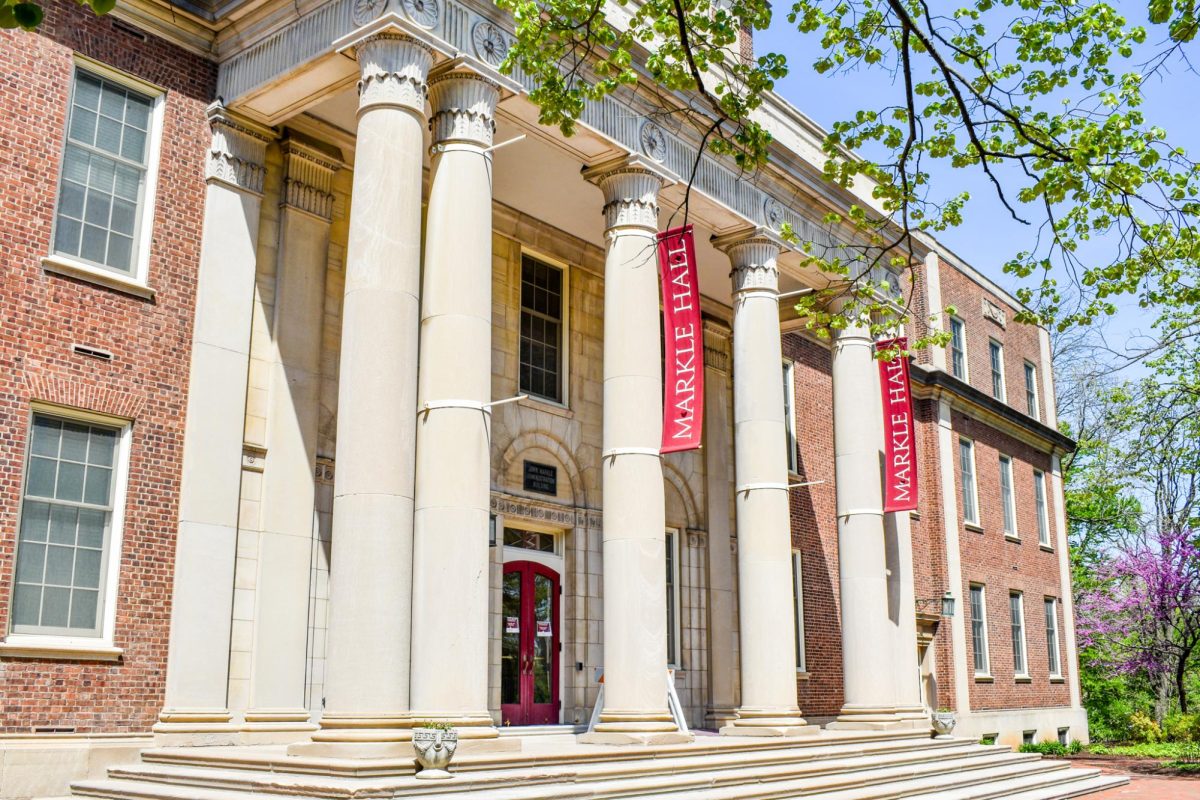







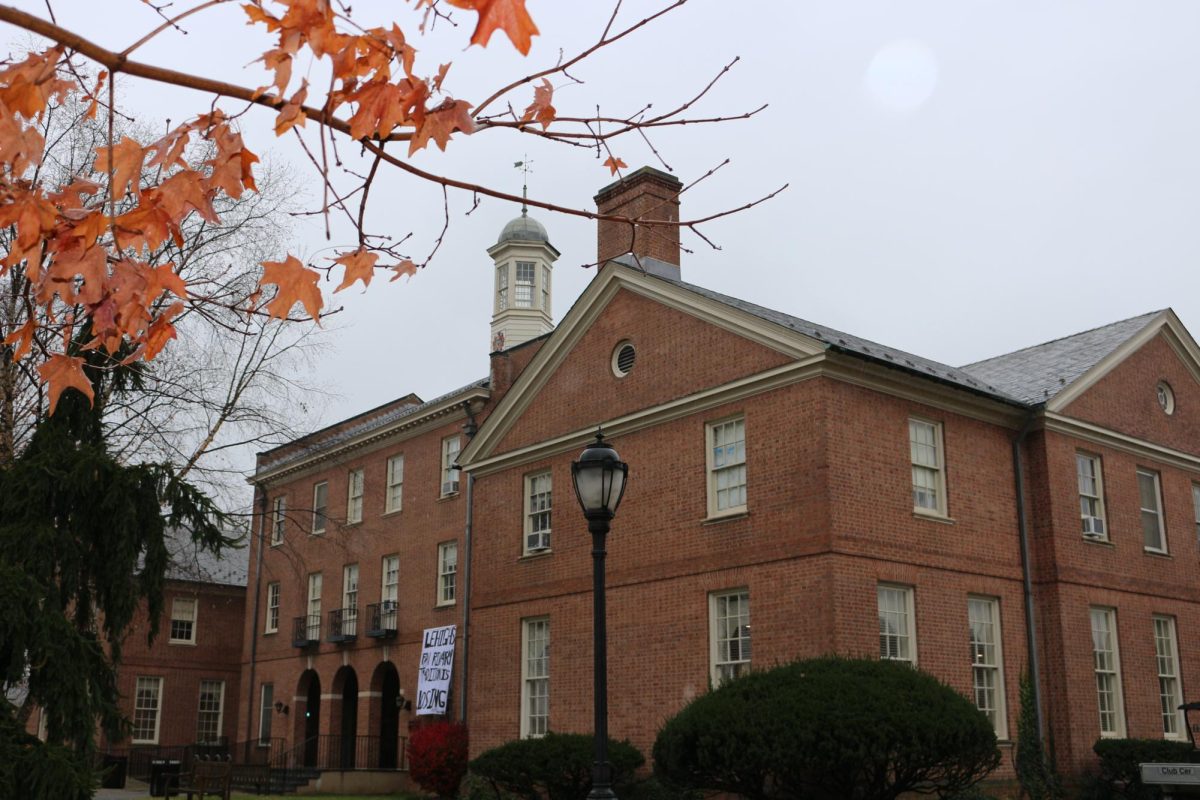








































































































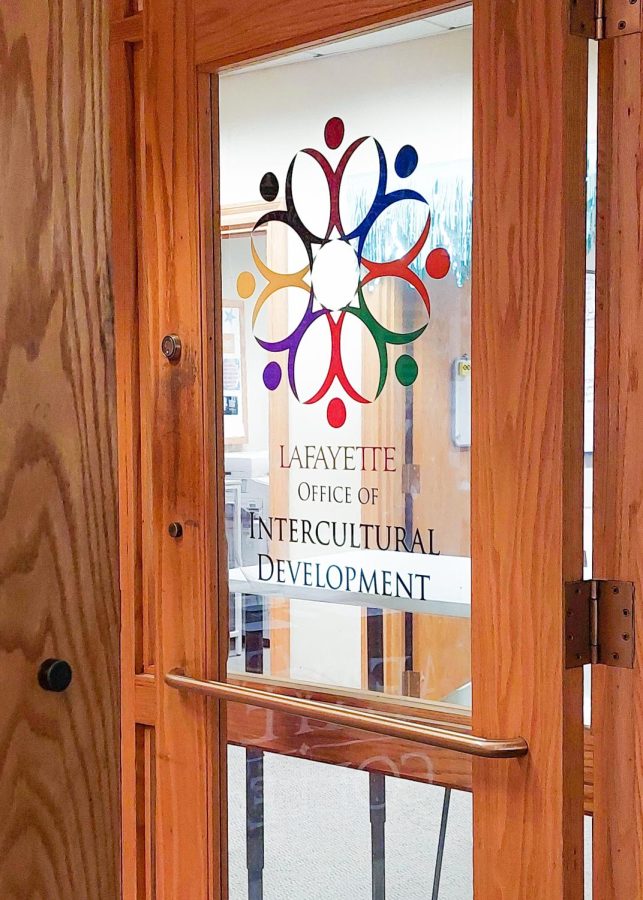
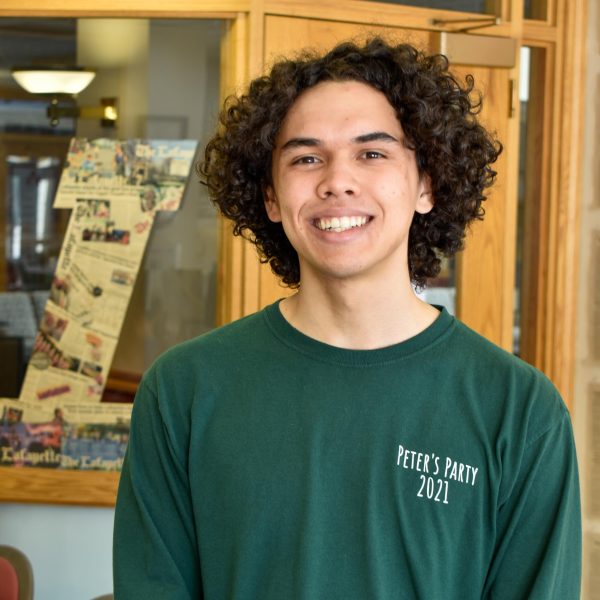
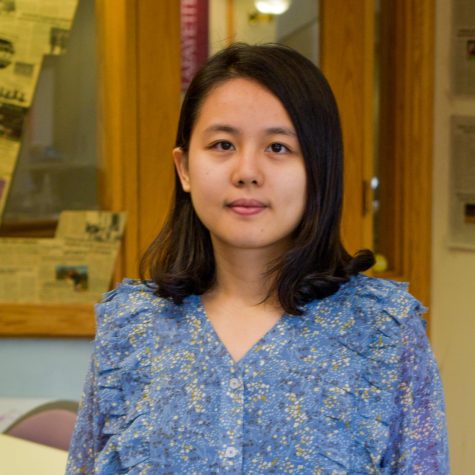
Daniel • Mar 6, 2023 at 2:44 pm
Considering how polarising DEI is, I am surprised people still want to push it. DEI divides society and creates a victim narrative.
Chris Rufo has some excellent Commentary of DEI and how it damages society.
Also Yuri Bezmenov warned us about this ideology during his famous media appearances around 1985. Do watch his videos.